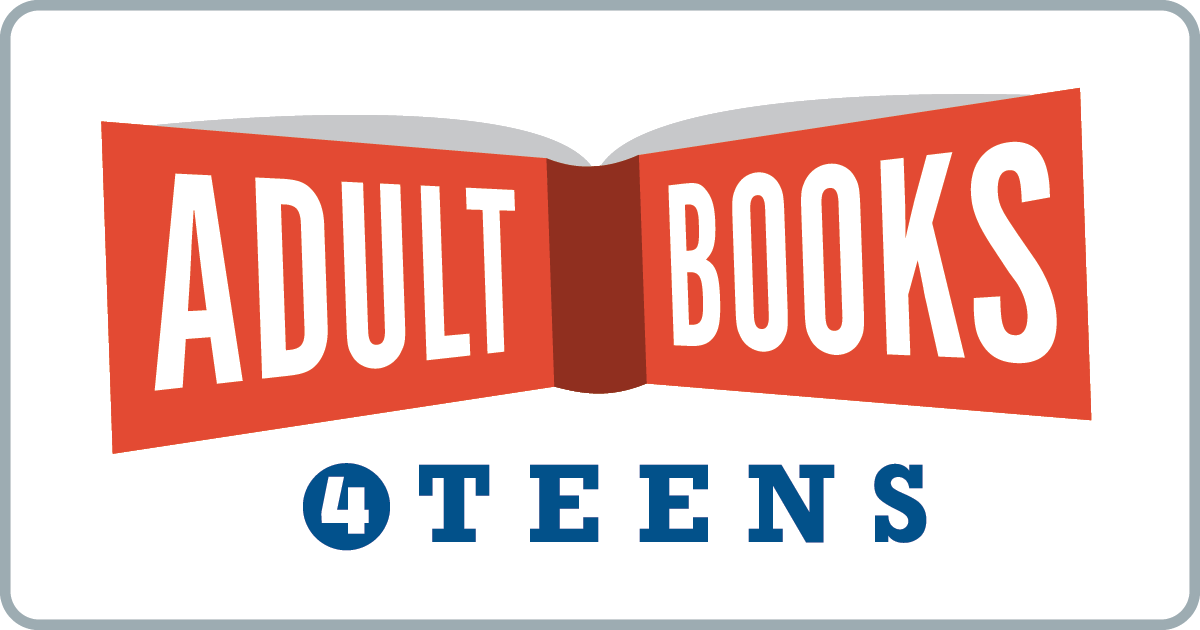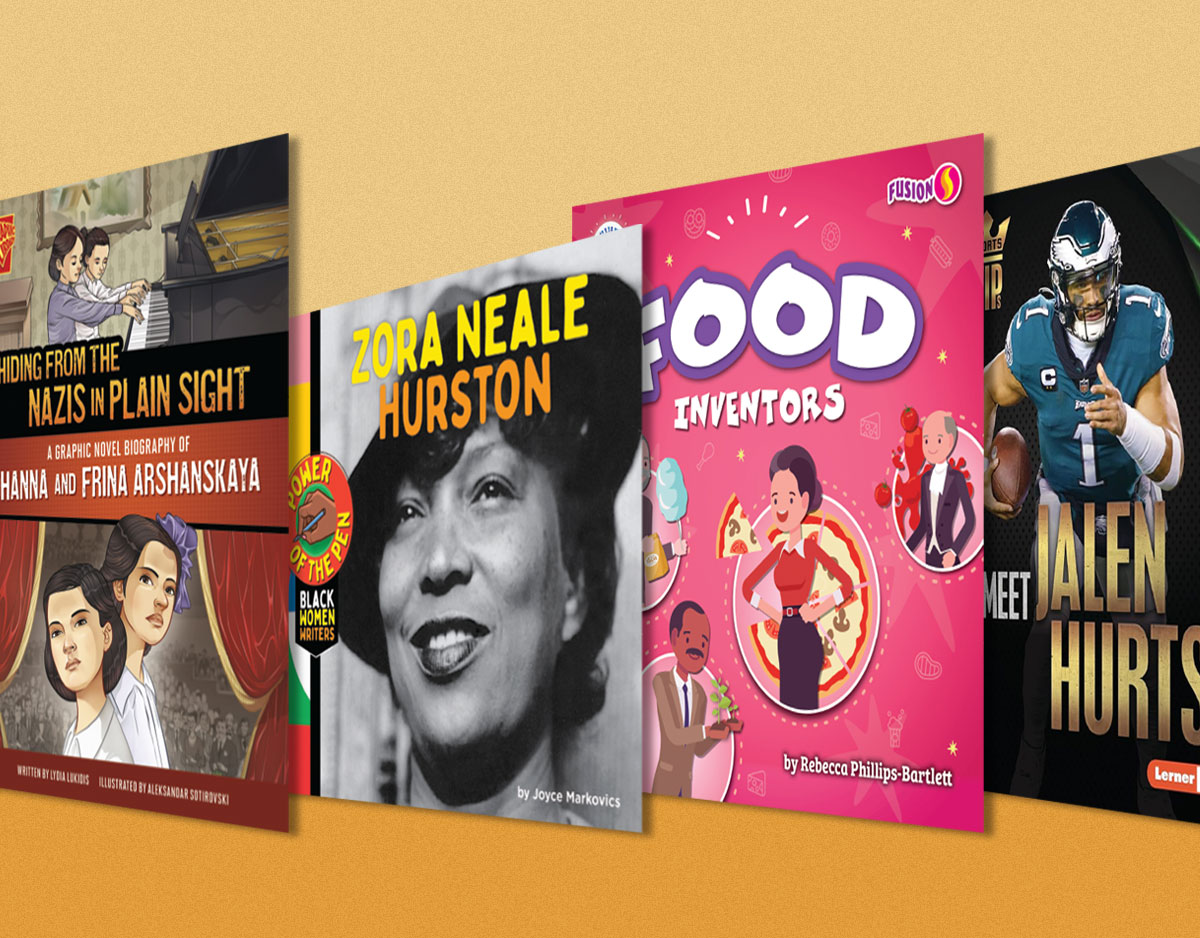SCROLL DOWN TO READ THE POST
Weekly Reviews: The Ones that Got Away
You know what’s hard about managing a book review blog? Mailing away those books that you know you would love — if you only had the time. So today’s theme is books I wish I had kept for myself to review. (I’m only half joking!)
First up, The Fort of Nine Towers. This book is a rarity — a coming of age memoir about Afghanistan, written by an Afghan in English. With Khaled Hosseini’s new novel in stores, and the consistent, continuing popularity of The Kite Runner and A Thousand Splendid Suns with teens, this is an ideal time to introduce a nonfiction alternative in our libraries.
ADVERTISEMENT
ADVERTISEMENT
I read the first 40 pages of Flora before parting with it. If I had read Ron Charles’ Washington Post review first, I never would have. I’m experiencing a slight Turn of the Screw obsession at the moment because I’m reading Adele Griffin’s Tighter, which is an altered version that, frankly, is just brilliant so far. And I saw Benjamin Britten’s opera version of The Turn of the Screw performed at the Brooklyn Academy of Music a few months ago. This is a story that can never be pinned down. That fact simultaneously drives me crazy, causes me to hate it, and makes it irresistible. All those possible versions of the truth. Mental instability? Ghosts? Both? Most of the story’s appeal is left up to atmosphere, and the slowly dawning realization that something just isn’t right. And those unreliable children. Flora features a precocious child whose life is changed one summer.
Golden Boy is by a 25-year-old wunderkind (this is not even her debut), and concerns an intersex teen who identifies as male. It is immediately unputdownable, and also told by multiple narrators, a technique I tend to enjoy as a reader. I think a variety of points of view generally appeals to teen readers, too, especially those obsessed with the novels of Jodi Picoult.
OMAR, Qais Akbar. A Fort of Nine Towers: An Afghan Family Story. 396p. maps. Farrar. Apr. 2013. Tr $27. ISBN 978-0-374-15764-7. LC 2012034566. 
Adult/High School–A memoir set in Afghanistan is not a feel-good kind of story. And yet, Omar’s memoir is focused firmly on his large, close-knit family, and how the fighting influenced their lives. Omar begins his story during the peaceful years that occurred after the Russians left and before the Civil War. His prosperous family lived in the house of Omar’s grandfather in Kabul, where uncles, aunts, and children could all gather around a large table for meals. Omar was especially close to his cousin Wakeel, a champion kite flyer. Gradually the fighting between Afghani factions made life in their neighborhood too dangerous, so the family moved to the Qala-e-Noborja, or the “Fort of Nine Towers,” an ancient walled compound across the city. Nowhere was safe for long, however. The Omars were forced to travel throughout the country seeking a peaceful place to live. Omar’s descriptions of the places they stayed, the hospitality of the Afghan people, and the tremendous bonds of family grant an insider’s look at Afghanistan’s natural culture. Today’s American teens, born around the time of September 11, may only know of Afghanistan in terms of terrorism and endless warfare. They will be fascinated to learn how Afghani teens lived. Often unable to leave his home, sometimes subjected to unimaginable atrocities, Omar comes of age in a deeply disturbed environment. Through it all, his family remains close and deeply loving. Much like Marjane Satrapi’s Persepolis (Pantheon, 2003), The Fort of Nine Towers is a unique, poignant, coming-of-age story.–Diane Colson, formerly at Palm Harbor Library, FL
GODWIN, Gail. Flora. 288p. Bloomsbury. May 2013. Tr $26. ISBN 9781620401200. 
Adult/High School–Godwin has written a bildungsroman that builds dread as the story progresses and then pays off dramatically. Ten year-old Helen is like so many young protagonists–too smart, too self-absorbed, too impetuous, and too skilled at hearing things she ought not. She is left in the care of her cousin Flora when her beloved grandmother unexpectedly dies and her father eagerly fulfills a summer obligation working on the atomic bomb in Oak Ridge, Tennessee, impatient to get away from the family home in North Carolina. For Helen, still reeling from her grandmother’s death, spending time with Flora–who regularly corresponded with her grandmother and grew up with Helen’s long-deceased mother–brings up feelings of abandonment. She is jealous of Flora’s memories of her mother and driven to distraction when she realizes that Flora has saved all of her grandmother’s correspondence. Her misery is compounded when a polio outbreak leads Helen’s father to impose quarantine. Visits from Finn, a discharged soldier and grocery deliveryman, soon become the summer’s bright spots. Finn becomes their link to the outside world, bringing news of the War, along with tidbits from town. He is also the companion needed to bridge the gap in age and temperament. Inevitably, they both fall in love with his gentleness, intelligence, and grace. But the three will learn by summer’s end that one rash act can damage others’ lives irreparably. Teens will appreciate Helen’s shock at realizing the transience of friendship and the occasional cruelty of those who know you best.–Meghan Cirrito, formerly at Queens Public Library, Jamaica, NY
TARTTELIN, Abigail. Golden Boy: A Novel. 352p. Atria. May. 2013. Tr $24.99. ISBN 9781476705804. LC 2012049192. 
Adult/High School–Max Walker is something of a star in his small British town. It’s not only because he is gorgeous and seems to be good at everything he does from football to kissing the girls who flock to him, but also because his father is an elected official. Now that Max is turning 16, his father Steve decides it is time to run for a higher office, but Max’s mother Karen reminds Steve that he promised to wait, and she worries about the effect on their son. He is intersex, and Karen worries about what will happen if someone finds out. But there is someone in the family’s close circle who already knows who will blow the situation wide open. Hunter is a childhood friend who is heading down a troubled path. One night, in a drunken haze, he rapes Max, whose parents had decided against surgically removing the genitalia of either sex when Max was a baby, and in Max’s pain and suffering this family’s tragic story unfolds. The story is told in mostly first person from the various character’s points of view, and readers cannot help but be overwhelmed as every possible negative scenario is played out. But the sensitive treatment of intersexuality, coupled with the fully realized characters, from the precocious younger brother, to the mother who struggles in very real ways, to the sensitive doctor through whose eyes the biology of intersexuality is explained, all override any hesitation and drive a need to find out what happens to these people. This is an important book.–Jake Pettit, American School Foundation, Mexico City
Filed under: Memoir, Weekly Reviews
About Angela Carstensen
Angela Carstensen is Head Librarian and an Upper School Librarian at Convent of the Sacred Heart in New York City. Angela served on the Alex Awards committee for four years, chairing the 2008 committee, and chaired the first YALSA Award for Excellence in Nonfiction for Young Adult committee in 2009. Recently, she edited Outstanding Books for the College Bound: Titles and Programs for a New Generation (ALA Editions, 2011). Contact her via Twitter @AngeReads.
ADVERTISEMENT
SLJ Blog Network
Name That LEGO Book Cover! (#53)
Cover Reveal and Q&A: The One and Only Googoosh with Azadeh Westergaard
Exclusive: Vol. 2 of The Weirn Books Is Coming in October | News
Take Five: Middle Grade Anthologies and Short Story Collections
The Classroom Bookshelf is Moving
ADVERTISEMENT
ADVERTISEMENT







